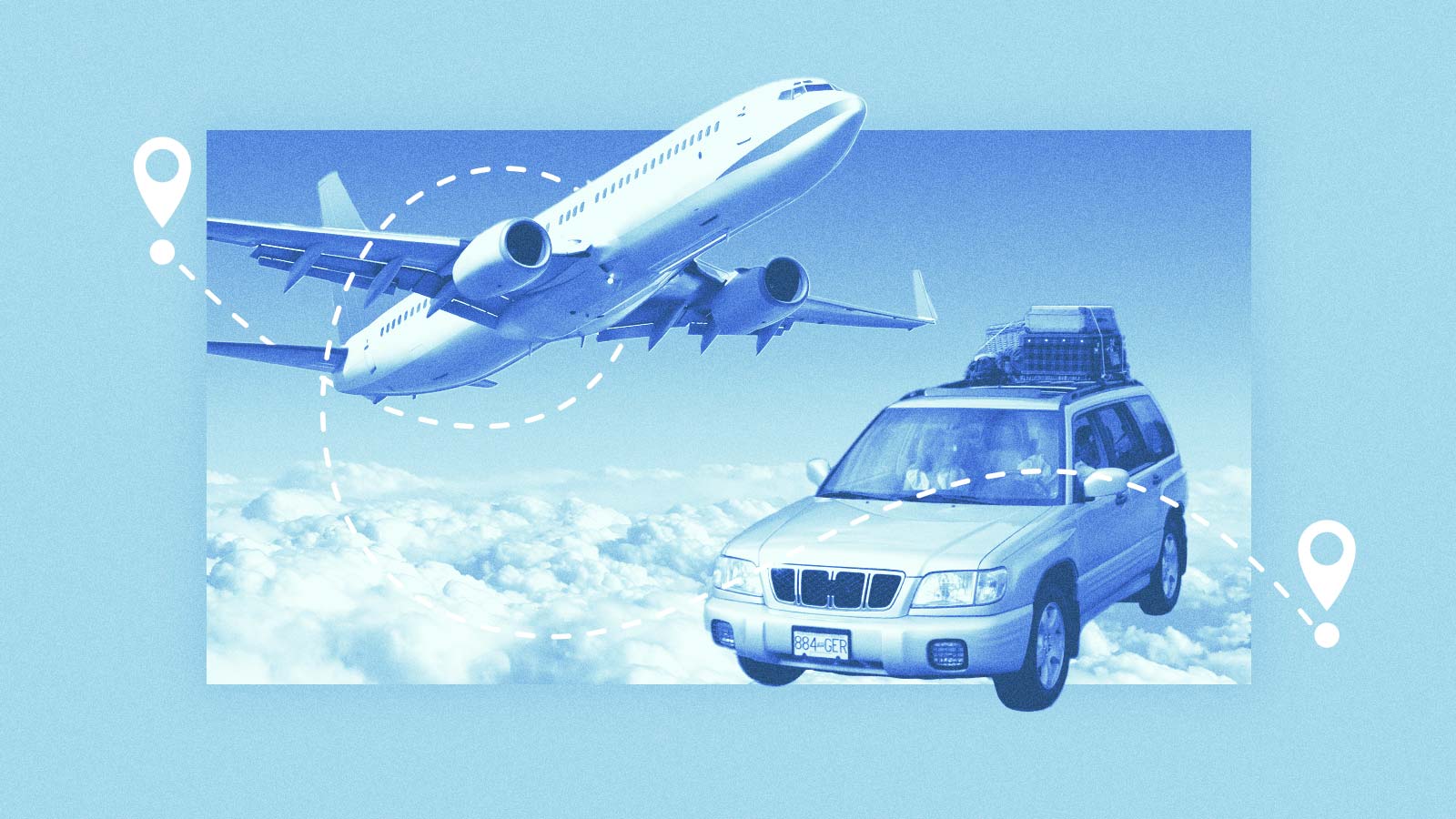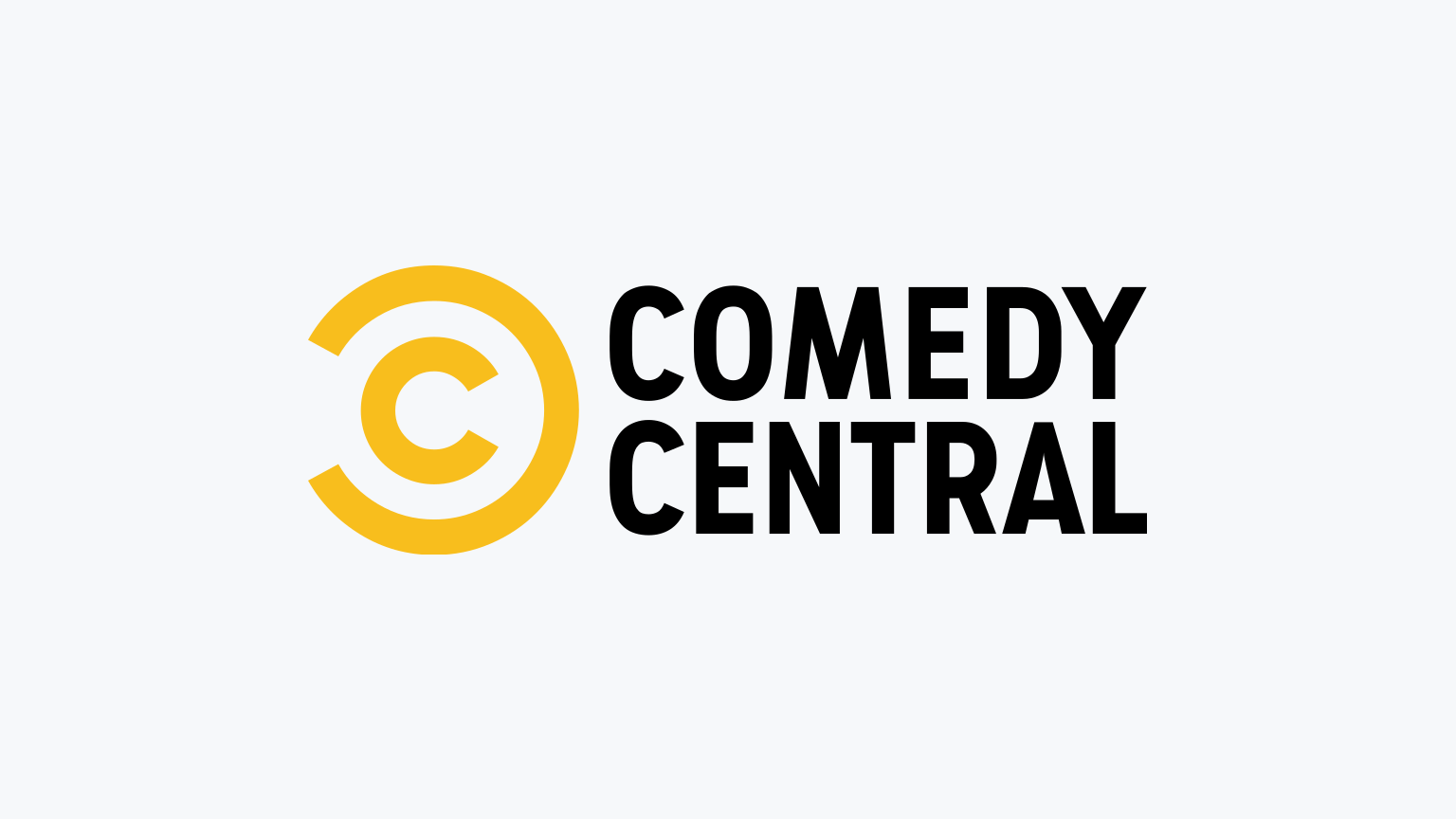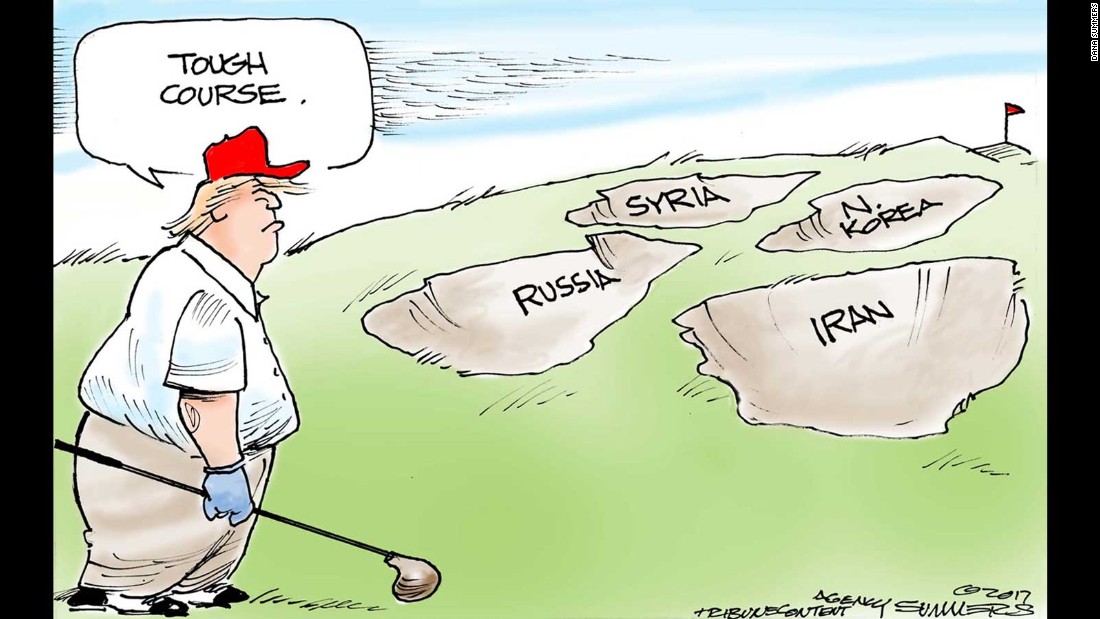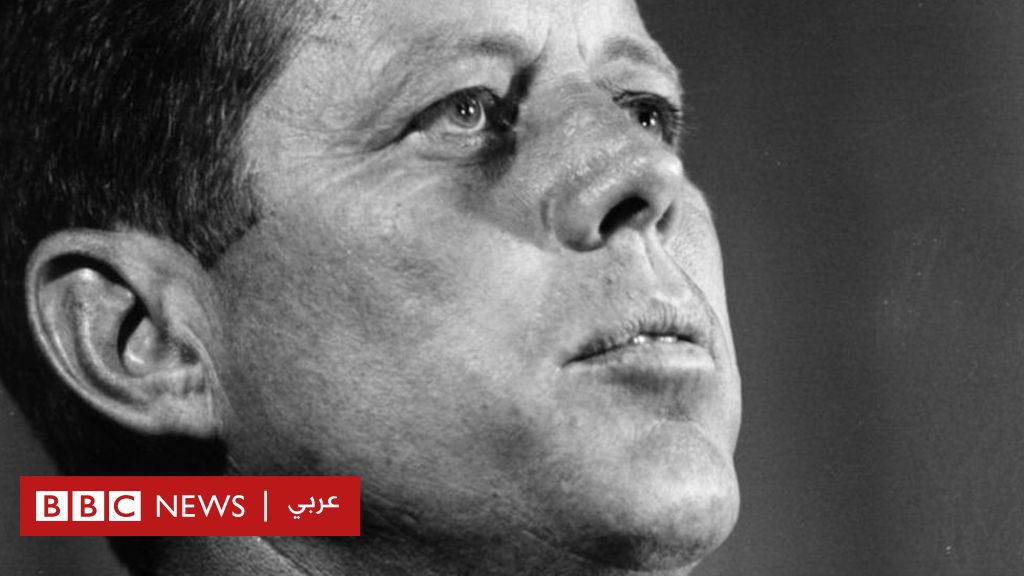The End Of Revenge Travel In America? Analyzing The Decline

Table of Contents
Economic Factors Contributing to the Decline
The initial fervor of revenge travel is facing headwinds from a challenging economic climate. The rising cost of everything, from groceries to gasoline, is significantly impacting Americans' ability to prioritize expensive vacations.
Inflation and Rising Costs
Inflation has dealt a significant blow to travel budgets. The cost of flights, accommodation, and even simple activities has skyrocketed, making a lavish vacation a considerable financial strain for many.
- Increased airfare prices: Airline ticket prices have risen sharply, often exceeding pre-pandemic levels. This is due to a combination of factors including increased fuel costs and higher demand.
- Higher hotel rates: Hotel accommodation costs have also increased dramatically, reflecting rising operational costs and increased demand in popular tourist destinations.
- Cost of attractions and activities: From theme park tickets to museum entries, the cost of popular tourist activities has increased significantly, further reducing the affordability of travel.
- Impact on disposable income: With inflation eroding disposable income, many Americans are finding it harder to justify the expense of a vacation, even a much-needed one.
Credit Card Debt and Economic Uncertainty
Adding to the financial pressure, many Americans are grappling with increased credit card debt and growing economic uncertainty. Recessionary fears are prompting a reassessment of spending priorities, with vacations often taking a backseat to essential expenses.
- Data on consumer debt levels: Recent reports show a concerning rise in consumer debt, leaving less room in budgets for discretionary spending, like travel.
- Impact of recessionary fears: The looming threat of a recession is making many consumers hesitant to commit to large expenses like international trips or even domestic getaways.
- Shifting spending priorities: With economic uncertainty, many are prioritizing savings and paying down debt over indulging in leisure travel.
Shifting Travel Preferences
Beyond economic constraints, a notable shift in travel preferences is also contributing to the potential decline of revenge travel. The initial, frantic rush to travel is giving way to a more considered and sustainable approach.
The Rise of "Slow Travel"
The concept of "slow travel" is gaining significant traction. This philosophy emphasizes immersive experiences, prolonged stays in fewer destinations, and a focus on mindful exploration rather than rushed sightseeing.
- Definition of slow travel: Slow travel prioritizes quality over quantity, encouraging travelers to truly connect with a destination's culture, people, and environment.
- Emphasis on experiences over destinations: The focus is shifting from ticking off bucket list destinations to engaging in meaningful experiences and creating lasting memories.
- Increased focus on local culture and sustainability: Slow travel often involves supporting local businesses, minimizing environmental impact, and respecting local communities.
Burnout and the Need for Rest
The pandemic's relentless stress has left many feeling burnt out. The initial desire for a quick escape is fading, replaced by a need for genuine rest and rejuvenation.
- Impact of the pandemic on stress levels: The collective stress of the pandemic has created a widespread need for relaxation and self-care.
- The appeal of staycations and local getaways: Shorter, more affordable staycations and local getaways are becoming increasingly appealing as a way to unwind without the stress and expense of long-distance travel.
- Increased focus on mental wellbeing: Travelers are increasingly prioritizing experiences that promote mental wellbeing, prioritizing relaxation and mindfulness over frantic sightseeing.
Airline and Hospitality Industry Challenges
Challenges within the travel industry itself have also impacted the overall travel experience, potentially deterring some travelers from embarking on revenge trips.
Staffing Shortages and Flight Cancellations
Ongoing staffing shortages across the airline and hospitality industries have led to widespread flight cancellations, delays, and reduced service quality.
- Statistics on flight cancellations and delays: Numerous reports highlight a significant increase in flight disruptions, impacting travelers' confidence and creating negative experiences.
- Impact on customer satisfaction: Frustrating experiences with cancellations and delays have negatively impacted customer satisfaction and are contributing to a more hesitant approach to travel.
- Negative publicity affecting travel decisions: Negative press coverage of travel disruptions is further fueling hesitancy among potential travelers.
Increased Travel Restrictions and Uncertainty
Lingering concerns about travel restrictions and potential future disruptions continue to impact booking confidence.
- Concerns about new variants: The ongoing threat of new COVID-19 variants creates uncertainty and hesitation among some travelers.
- Uncertainty surrounding future travel policies: Changes in travel regulations and policies can make planning a trip stressful and discouraging.
- Impact on booking confidence: The uncertainty surrounding future travel policies reduces travelers' confidence in booking trips, particularly long-haul ones.
Conclusion: The Future of Revenge Travel in America
The potential decline of revenge travel in America is a complex issue, influenced by intertwined economic factors, shifting travel preferences, and ongoing challenges within the travel industry. While revenge travel might not completely disappear, its dominance seems to be waning. The rise of slow travel, increased focus on mental wellbeing, and economic constraints are all contributing to a more cautious and considered approach to travel planning. The future of American travel appears to be shifting towards a more sustainable, mindful, and financially responsible model.
Is revenge travel truly on the decline? Share your thoughts on the future of American travel in the comments below!

Featured Posts
-
 Where To Stream Ted On Comedy Central Hd
May 27, 2025
Where To Stream Ted On Comedy Central Hd
May 27, 2025 -
 Analyzing The Trump Presidency Comparing His First 100 Days To Project 2025
May 27, 2025
Analyzing The Trump Presidency Comparing His First 100 Days To Project 2025
May 27, 2025 -
 Wthayq Aghtyal Rwbrt Kynydy 1968 10 000 Sfht Jdydt Tkshf Almzyd
May 27, 2025
Wthayq Aghtyal Rwbrt Kynydy 1968 10 000 Sfht Jdydt Tkshf Almzyd
May 27, 2025 -
 Tracker Season 2 Episode 15 The Grey Goose Sneak Peek
May 27, 2025
Tracker Season 2 Episode 15 The Grey Goose Sneak Peek
May 27, 2025 -
 The Sex Lives Of College Girls A Realistic Look At College Relationships
May 27, 2025
The Sex Lives Of College Girls A Realistic Look At College Relationships
May 27, 2025
